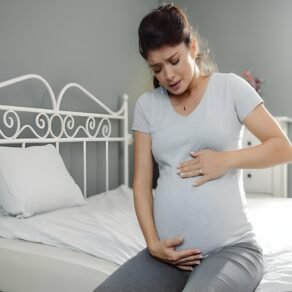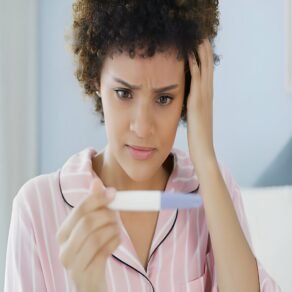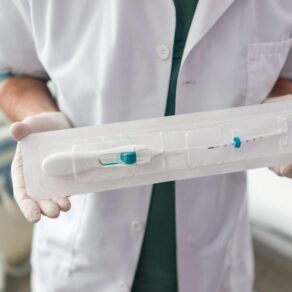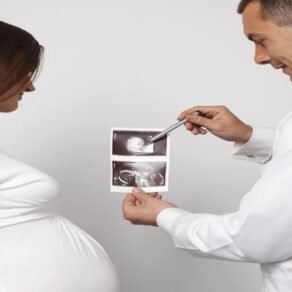Navigating the intricacies of the female reproductive system can be a perplexing journey, especially when it comes to deciphering the signs and symptoms of pregnancy versus those of menstruation. As women, we often find ourselves pondering: Are pregnancy and period symptoms the same? Let’s embark on a quest to unravel this mystery and gain a deeper understanding of these two distinct phases of a woman’s reproductive cycle.
Understanding Pregnancy and Menstruation
Before delving into the comparison of symptoms, it’s essential to grasp the fundamental differences between pregnancy and menstruation. Menstruation, commonly referred to as a period, is a natural process that occurs in women of reproductive age when the lining of the uterus sheds in the absence of fertilization. Pregnancy, on the other hand, begins when a fertilized egg implants itself in the uterine wall, leading to the development of a growing fetus.
Common Symptoms of Menstruation
Menstruation is often accompanied by a variety of symptoms that vary from woman to woman and cycle to cycle. These symptoms typically include:
- Menstrual Cramps: Many women experience cramping in the lower abdomen as the uterus contracts to expel the menstrual blood.
- Breast Tenderness: Hormonal fluctuations during the menstrual cycle can cause breast tenderness or sensitivity.
- Mood Swings: Changes in hormone levels may also impact mood, leading to irritability, anxiety, or sadness.
- Fatigue: Some women may feel more tired or lethargic during their period.
- Bloating: Fluid retention and hormonal changes can result in bloating or a feeling of abdominal fullness.
Are Pregnancy and Period Symptoms the Same?
Amidst the realm of reproductive health, the question arises: Are pregnancy and period symptoms the same? Let’s explore this intriguing query.
Common Pregnancy Symptoms
Pregnancy heralds its arrival with a distinct set of symptoms that differ from those of menstruation. These symptoms may include:
- Missed Period: One of the hallmark signs of pregnancy is a missed period, although some women may experience light bleeding or spotting known as implantation bleeding.
- Nausea and Vomiting: Morning sickness, characterized by feelings of nausea and occasional vomiting, is a common early pregnancy symptom.
- Breast Changes: Pregnant women may notice changes in their breasts, including increased size, tenderness, and darkening of the nipples.
- Fatigue: Pregnancy hormones can cause extreme tiredness, often leaving women feeling exhausted, especially in the first trimester.
- Frequent Urination: As the uterus expands and presses on the bladder, pregnant women may experience increased urinary frequency.
Are Pregnancy and Period Symptoms the Same?
Amidst the realm of reproductive health, the question arises: Are pregnancy and period symptoms the same? Let’s explore this intriguing query.
Common Pregnancy Symptoms
Pregnancy heralds its arrival with a distinct set of symptoms that differ from those of menstruation. These symptoms may include:
- Missed Period: One of the hallmark signs of pregnancy is a missed period, although some women may experience light bleeding or spotting known as implantation bleeding.
- Nausea and Vomiting: Morning sickness, characterized by feelings of nausea and occasional vomiting, is a common early pregnancy symptom.
- Breast Changes: Pregnant women may notice changes in their breasts, including increased size, tenderness, and darkening of the nipples.
- Fatigue: Pregnancy hormones can cause extreme tiredness, often leaving women feeling exhausted, especially in the first trimester.
- Frequent Urination: As the uterus expands and presses on the bladder, pregnant women may experience increased urinary frequency.
Conclusion
In conclusion, while some symptoms of menstruation and pregnancy may overlap, such as breast tenderness and fatigue, each phase of a woman’s reproductive cycle presents its unique set of signs and symptoms. Understanding these differences can empower women to recognize the early signs of pregnancy and seek appropriate medical care when needed. Whether anticipating the arrival of a period or the possibility of pregnancy, listening to one’s body and staying attuned to any changes is key to maintaining reproductive health and well-being.





